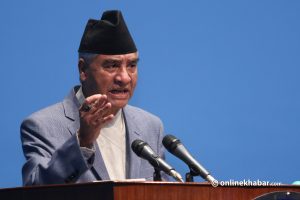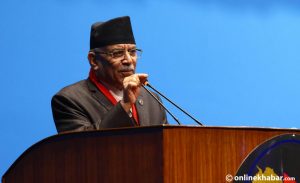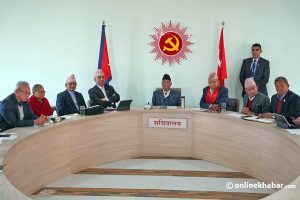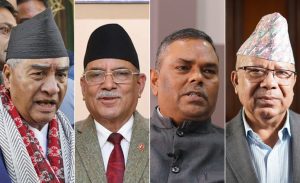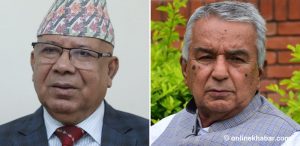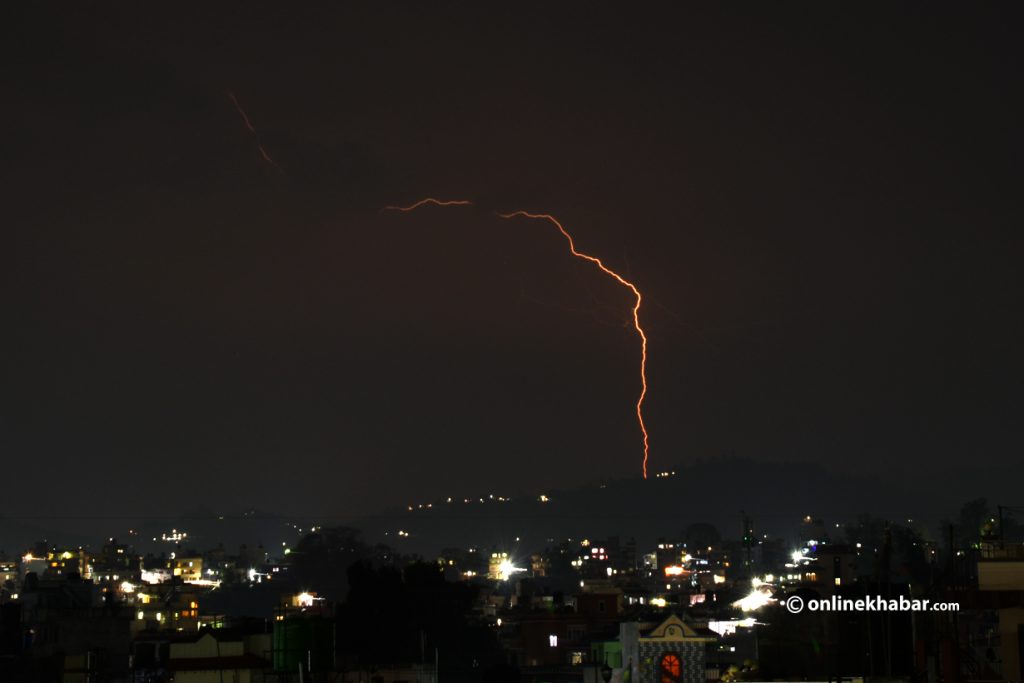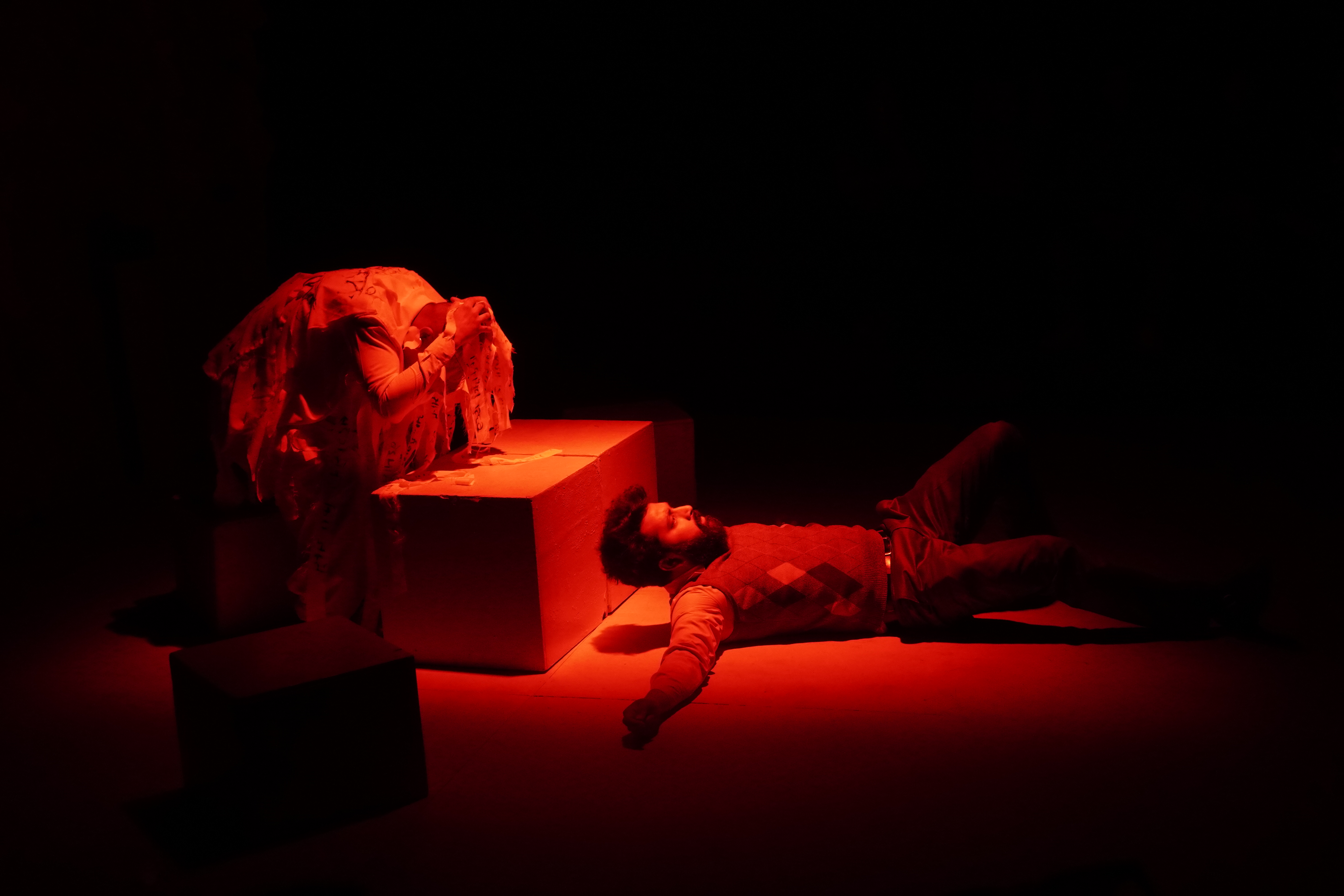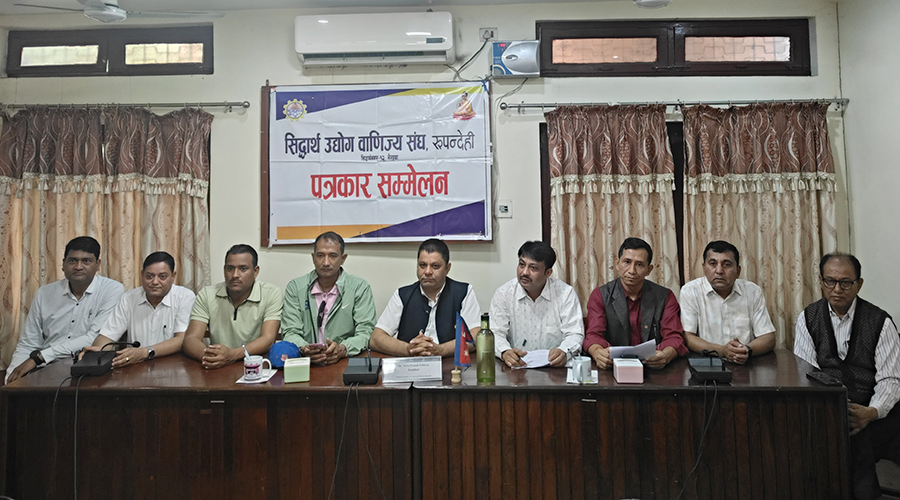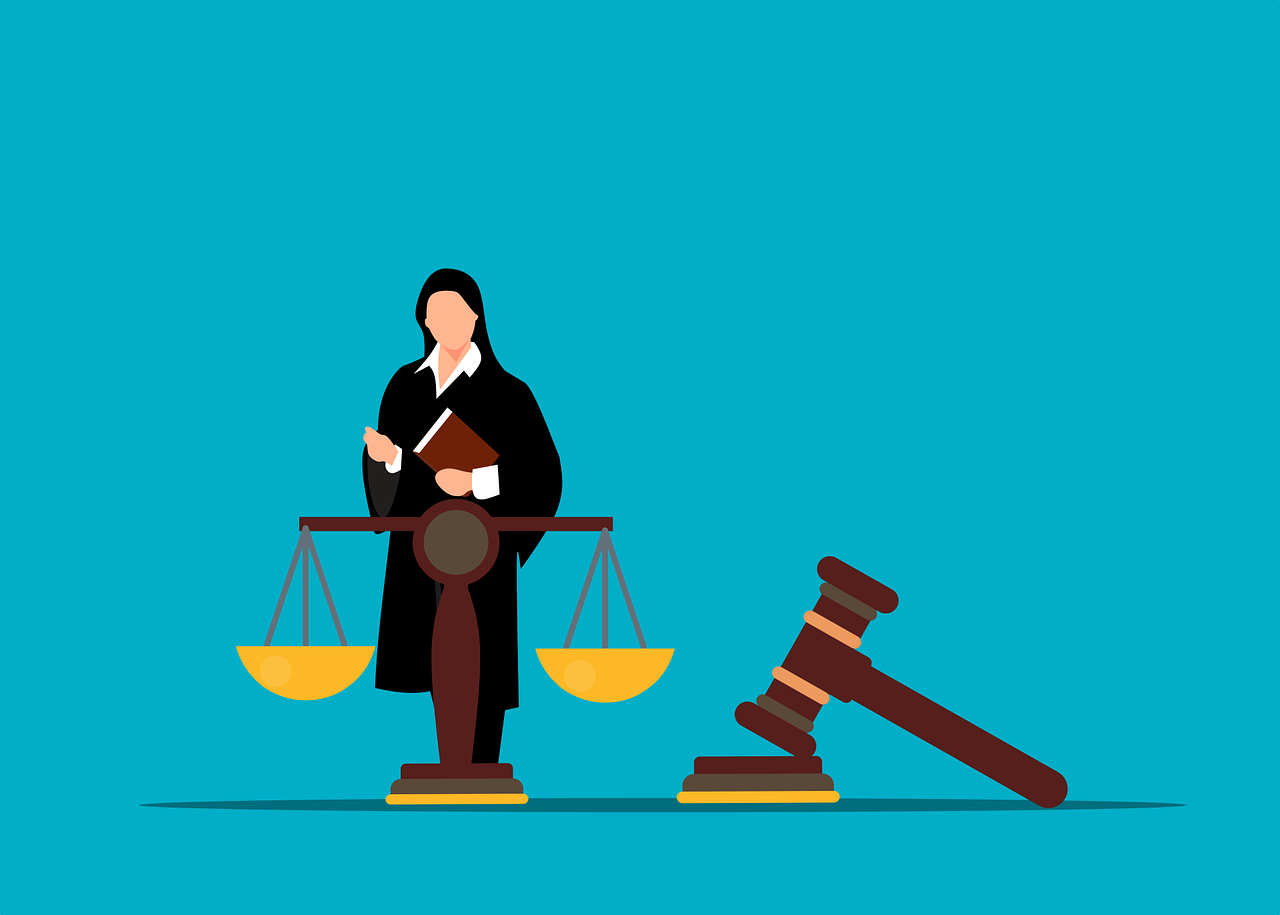
According to Chitra Bahadur KC, the chairman of Rastriya Janamorcha, there are many similarities between the political situation in the country in 1991-1994 and now. Both times, the country was torn apart by internal strife within the ruling party.
The 1991-94 period was followed by the mid-term elections of 1994 that elected a hung parliament, giving birth to rounds of political instability in the country. Interestingly, the House of Representatives elections held on November 20 have once again elected a hung parliament, reminding stakeholders that what happened in 1994 could be repeated, says KC.
“Just as the previous House of Representatives was able to complete its five-year term, the parliament born from the 2022 elections should write a positive history in such a way that what happened in 1994 will be forever forgotten,” says KC.
However, he feels that it will not be easy given the composition of the House, in which no party will have a majority.
“It means a coalition needs to be formed, which is going to be tough. But we need to show the people that a coalition government can work,” says KC who is an elected member of the House of Representatives from Baglung 1 and is part of the current five-party ruling coalition.
Forgettable actions

Following the dissolution of the House by Girija Prasad Koirala, the mid-term elections were held on November 15, 1994. But, no parties contesting the elections won constituencies enough to form the government. The UML won 88 seats followed by Nepali Congress and Rastriya Parajatantra Party which got 83 and 20 seats respectively. To form the government, at least 103 seats were mandatory.
The UML and Congress did not even try to make a coalition government. The UML, the biggest party in the hung parliament, then formed a minority government. According to Radha Krishna Mainali, a member of the House then, many people within the UML did not want to form a minority government but as many were hungry for power, they could not stop it.
The main idea of the mid-term elections was to form a stable government, but the UML’s decision to form a minority government meant that a stable government was a farfetched idea. The political scenario became even more unstable.
According to Mainali, the Nepali Congress and the royal family hated that UML had formed the government. Following this, the Nepali Congress on June 8, 1995, submitted a petition to the palace, demanding a special session. The king agreed and on June 2, 1995, called a special session of the hung parliament.
“But after seeing that the government led by him would fall and knowing that the party was still popular, Prime Minister Manmohan Adhikari dissolved the parliament hoping they would get a majority in the mid-term elections,” recalls Mainali.
But, the Supreme Court annulled the dissolution saying the possibility of forming a government remained. Even though it tried to dissolve the House, the UML returned to it and even tried to file an impeachment motion against then Chief Justice Bishwanath Upadhyay and Justice Surendra Prasad Singh.
On September 5, 1995, a special session of the parliament was held. After the UML’s request to not start the session as the prime minister was undergoing treatment in the hospital was rejected, the UML MPs shouted slogans and broke the microphone. According to Mainali, during the voting on the motion of no confidence against the prime minister, some lawmakers of the Rastriya Prajatantra Party were taken to a hotel and were fed alcohol as UML lawmakers stayed outside keeping guard.
“Attractive girls were sent to the rooms of the lawmakers to keep them busy. I saw it through my own eyes,” says Mainali.
But, all this went in vain as the UML government did not survive the brunt of the hung parliament. The motion of no confidence against the hospitalised PM was passed. Then, Sher Bahadur Deuba of Congress became the prime minister with the support of RPP and Nepal Sadbhawana Party. Deuba also did many things to save his government.
According to KC, Deuba was so desperate that he created 48 ministries to keep everyone happy. But, there were continuous efforts to topple his government also.
On December 24, 1996, Deuba faced a vote of no confidence in the hung parliament. But five ministers, stating they were ill, flew to Bangkok a day before Deuba was due to face a vote of no confidence. Almost all the ministers belonged to the RPP.
These ministers were even given USD 2,000 in violation of the law that does not allow expenses to be paid to those who go abroad for treatment without the recommendation of the medical board.
According to Mukunda Sharma, a former secretary of the Federal Parliament Secretariat, the Public Accounts Committee of the House of Representatives asked the ministers and the chief secretary for an explanation regarding this issue on February 1997.
The chief secretary accepted that the amount was given based on the decision of the Council of Ministers. Even though the audit committee concluded that there was an irregularity, it could not make any decision. The Commission for the Investigation of Abuse of Authority also investigated and on August 5, 1999, it was determined that the ministers had committed political corruption, but it could not decide to file a case on corruption charges.
Five governments were formed during the five-year term of the hung parliament. After Deuba, the government was formed under the leadership of Lokendra Bahadur Chand. Kamal Thapa and other leaders of the RPP played a role in toppling Chand’s government, after which it was formed under the leadership of Surya Bahadur Thapa.
At that time, Chand made a sharp comment on Kamal Thapa’s character saying, “The rat ran away as soon as he realised that the ship was going to sink.”
After Surya Bahadur Thapa, Girija Prasad Koirala of Congress became the prime minister again on April 2, 1998. The government led by him collapsed on December 21, 1998, but he became the PM again two days later. But during this, the member of the cabinet changed several times.
There were many attempts to sustain his government. The China Southwest Air charter scandal took place between 1994 and 1999. A commission was formed under the leadership of former secretary Bhojraj Pokharel to investigate after questions were raised that there was an irregularity in the leasing of planes by the Nepal Airlines Corporation for three months from China Southwest Airlines. After that, the Public Accounts Committee of the hung parliament gave the same report as in the Lauda plane charter case that there were irregularities in the chartering of China Southwest aircraft.
At that time, the UML said it was surprised by the decision of the accounts committee although it was chaired by its own lawmaker Subas Chandra Nembang.
The Prado-Pajero scandal is also memorable among lawmakers during the term of the hung parliament. The government allowed the purchase of expensive SUVs like Pajeros and Land Cruisers with exemptions from customs and sales tax to please lawmakers.
After the government gave customs and sales tax exemptions, lawmakers were attracted to the expensive SUVs while other officials and administrators had their eyes on hatchbacks and sedans.
It is believed that this caused the country a loss of Rs 550 million and institutionalised corruption in the country through the use of these vehicles.
According to KC, expensive cars were white elephants for low-paid lawmakers and staff. Many rushed to the courts to get this decision annulled, but their efforts went in vain.
Knowing lawmakers could be influenced through gifts and money, many businesspersons started to get close to lawmakers. There were even cases in which lawmakers were paid to topple the government as the businesspersons wanted people in power who would benefit them.
According to the then UML lawmaker Mainali, the 1994-99 hung parliament created extreme distrust in the citizens towards the parliamentary system due to the hooliganism of the leaders who came to power. These actions helped the Maoists rise up.
Fear of the future

The hung parliament then showed that if no party gets a clear majority, if the party leaders and lawmakers are selfish and power-hungry, political stability could never be achieved. Many fear that the country could follow a similar path following the recent elections.
The current political scenario is similar to that in 1994. No party has a majority. But unlike in 1994, this time, there is no third party that can make or break the government.
Based on the number of constituencies won in the first-past-the-post system and votes received in the proportional representation system, it seems that Nepali Congress will reach 85-86 seats, UML 78 seats, Maoist Centre 30-31, RSP 21, RPP 14 and the CPN-Unified Socialist 10. Since there are 275 members in the lower house, 138 lawmakers are needed to form a government.
Like in 1994, it is unlikely that the two major parties, Nepali Congress and UML, will work together to form a government.
In 1994, the constitution gave lawmakers the right to file a no-confidence motion against the prime minister at any time. But now, that cannot be done for at least two years. This, many parties believe, will bring some stability.
But, given what Nepal has seen in the past, this can be violated easily. For example, if the new government in the hung parliament fails to maintain a clear majority in its favour, it will face problems in bringing the budget on May 29, 2023. If the budget fails, the government collapses.
To ensure that does not happen, the prime minister, whoever it may be, can bring an ordinance like the one brought by Oli to pass the budget outside the parliament. But, it is not going to be simple as the ordinance also needs to be approved by the parliament within 60 days of the commencement of the session.
This means that the government can survive for a few months by gaining infamy, but the government cannot survive. For this, the government has to maintain a constant majority in its favour. It will be interesting to see how different political parties in the hung parliament act in the coming months.
There is another major difference. Like in 1994, the prime minister cannot dissolve the house unless there is a possibility to form a new government.
According to article 76 of the constitution, a government of two or more parties is formed when no party has obtained a clear majority. If this is not possible, the largest party will form the government. If this is not possible, the constitution has given the opportunity to any member of the House of Representatives to form the government as an independent parliamentarian. The court has also explained that in article 76, subsection 5 (7) of the constitution, the party whip does not apply when a vote of confidence is given to the prime ministerial candidate who tries to form the government independently.
It means the parties have an opportunity to erase the stain of infamy earned by the hung parliament in 1994, according to Mainali.
This story was translated from the original Nepali version and edited for clarity and length.






